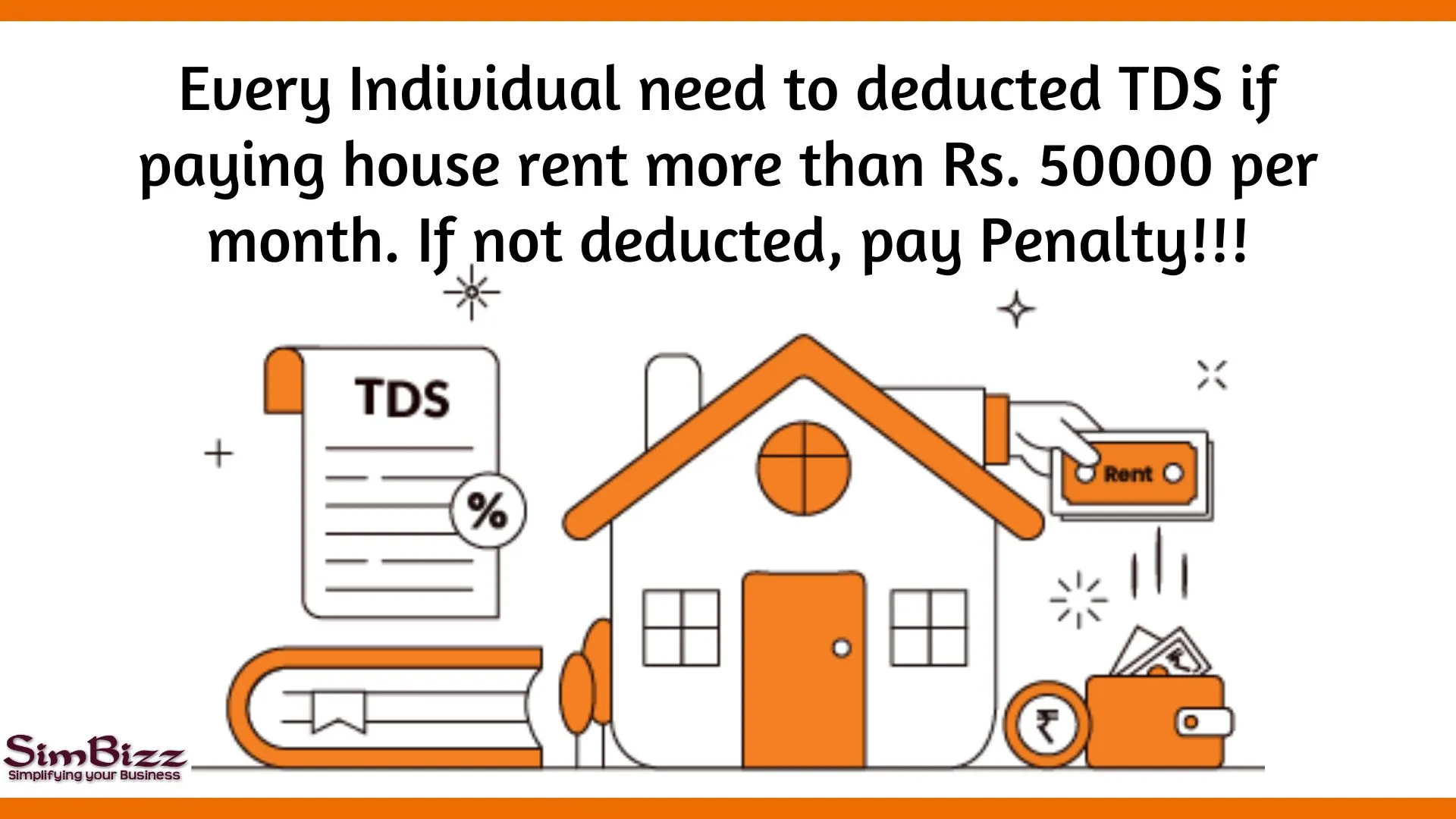There are certain payments that require individuals to deduct tax while making payments. Individuals are liable to tax deducted at source (TDS) while paying house rent, payments to contractors, etc., if the amount exceeds the specified limit. The tax must be deducted within the specified timelines under the Income Tax Act, 1961. Further, the tax deducted must be deposited with the government within the given time frame. If one or both of these were not done by an individual (liable to deduct TDS), then he/she will have to pay a penalty.
Apart from deducting and depositing TDS, an individual must also file a TDS return. Failure to do that will result in a penalty as well. Hence, an individual will be liable to pay three types of penalties if:
- TDS is not deducted within a specified time.
- TDS is deducted but not deposited within the prescribed time period.
- TDS return is not filed on time.
What is the penalty for not deducting TDS when mandatory?
Where any individual fails to deduct TDS, he/she is liable to pay penal interest on the TDS amount. The penal interest is levied under section 201(1A) at 1% per month. It is applicable from the date when TDS should have been deducted till the date when it is deducted.
What is the penalty for not depositing the deducted TDS?
The penalty for not depositing TDS with the government despite deducting it is different from the penalty for not deducting. Where any individual fails to deposit the deducted TDS with the government, he/she is liable to pay penal interest on the TDS amount under section 201(1A) of the at 1.5% per month from the date when TDS is deducted till the date when it is deposited (with the government).
What is the penalty for not filing TDS return?
The income tax department asks individuals to file a challan-cum-statement for the tax deducted and deposited by them. Without depositing the TDS, an individual cannot file the TDS statement. Individuals are not required to file any TDS return. However, do note that there is a penalty if challan-cum-statement is not filed on time.
As per section 271H, when an individual fails to file a challan-cum-statement on or before the specified due date or files an incorrect challan statement, then penalty is applicable. A late filing fees of Rs 200 per day is applicable till the time TDS return is filed. The amount of late fees shall not exceed the amount of TDS.
An assessing officer can also levy a penalty of minimum Rs 10,000 to maximum up to Rs 1 lakh under Section 271H. This penalty will be levied under certain conditions. There are two instances in which penalty can levied be by the assessing officer. These are as follows:
a) If challan statement is not filed within 1 year of expiry of due date:
An assessing officer can impose a penalty of any amount between Rs 10,000 and Rs 1 lakh if the challan statement is not filed within 1 year from expiry of due date to file it. The due date to file challan statement is March 31 of the financial year. If the individual does not file challan statement by March 31 of the next financial year, then the assessing officer can impose a penalty. This will be levied even if tax was deducted and deposited on time.
b) If tax was neither deducted, deposited nor challan statement filed on time:
An assessing officer can levy this penalty if the individual has neither deducted, deposited the tax on time nor filed the challan statement on or before the due date. In furtherance to such penalty levied by the assessing officer, an individual will be liable to pay penal interest for not deducting and/or depositing TDS on time. Further, a late fee of Rs 200 per day (maximum to the extent of TDS amount) will also be applicable for not filing the challan statement on time.
When is an individual required to deduct TDS?
Some of the instances where an individual is required to deduct TDS before making the payment:
- Section 194IB: 5% on payment of monthly house rent if it exceeds Rs 50,000.
- Section 194M: 5% on payment to a contractor or professional or commission agent or broker if aggregate payment exceeds Rs 50 lakh for the financial year.
- Section 194IA: 1% on payment for acquiring land or building or both (other than agriculture land) if sale value exceeds Rs 50 lakh


